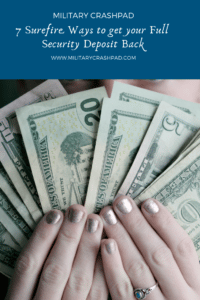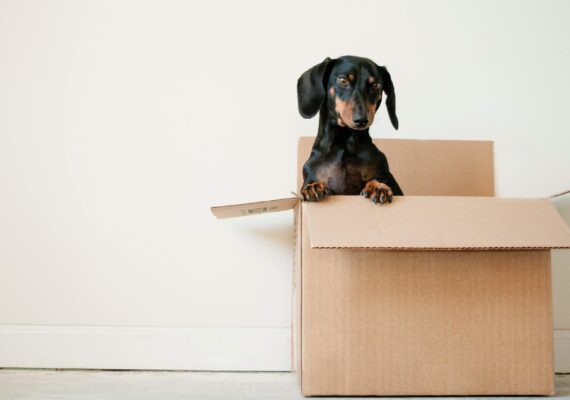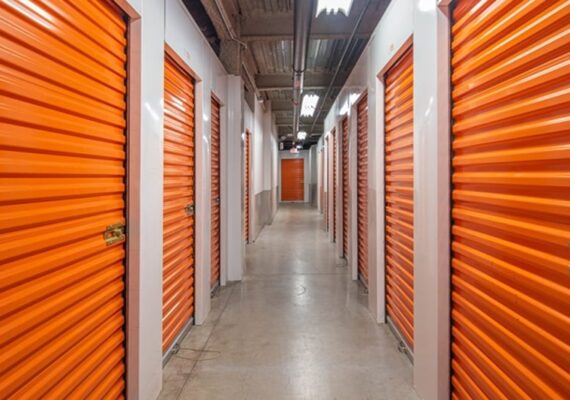It’s been said there are two certainties in life: death and taxes. Personally, I think security deposits should be added to that list.
Whether you rent an apartment or a single-family home, in order to close the lease – you’ll have to plunk down a security deposit. And at times – it can be quite a bit of money!
Here are 7 proven strategies to help ensure that when it’s time to move – you get that money back.
Schedule a Pre and Post Move Out Inspection
In order to get your full deposit back, understanding move out expectations is imperative. Many landlords, and most property managers, have a detailed move out list that includes cleaning instructions, minimum repairs (if needed), and more.
Scheduling an inspection before your move out also lets you know what items might be cited as damage – providing you the opportunity to fix problems before you vacate.
If at all possible, try to attend the final inspection and walkthrough – as this will also give you the opportunity to do more cleaning, or correct any last-minute problems – as well as ensure you’ve met the required standards to get your deposit returned.
Keep receipts, particularly for carpet cleanings, take thorough photos, and even video, to document your cleaning and repair work. This provides a record that you’ve complied with instructed guidelines and can be critical evidence to get your full deposit returned if disputes arise.
The Importance of a Thorough Clean
This might go in the “obvious” category, but as a landlord myself – I’ve been surprised at how many tenants don’t clean and simply move out. Refusing to clean upon move out does not fall under the “normal wear and tear” clause listed in state law and rental leases.
And it does not take long for a professional clean to completely burn through a security deposit.
Your lease should provide specifics on the minimum level of cleaning required, such as:
- Refrigerator
- Stove, oven, and cooktops
- Bathrooms, particularly shower stalls and glass
- Flooring
- Blinds and windows
- Trash receptacle areas, and garbage bins
In addition, clean and repair any pet-caused damage, such as re-seeding grass, filling holes caused by pet digging, and picking up any animal waste from the premises.
If the lease does not outline required cleaning, focusing on the above-mentioned items will usually go a long way in getting your full deposit back – as these are also the most time-consuming areas to clean, if a tenant fails to do so.
Replace Yourself
While this is never a necessity to get your security deposit back, helping your landlord find a replacement tenant scores major brownie points. One of the biggest financial losses for a landlord is tenant turnover and vacancy. If you can help shorten the vacancy period, and provide a strong rental lead – especially if you were a great tenant yourself – your landlord will likely not be inclined to “nickel and dime” you, upon move out.
Brush Up on State Security Deposit Laws before you Terminate
All states have enacted legislation governing landlord/tenant law, which also includes the regulation of security deposits.
Highlights of these regulations typically include:
- What minimum notification standards must be provided to terminate a lease (most states require at least 30 days), and by what method (in writing, certified mail, etc.)
- When and how security deposits must be returned (this can range from 14 days to 60)
- If portions of the deposit are withheld, many states require an itemization of how monies were used, i.e. unpaid utility bills, tenant/pet-caused repairs, cleaning, etc
It’s worth your time to learn what legally can and cannot be done, in regard to returning your deposit – so you can spot a violation, if it occurs.
State law and statutes can be found here. Landlordology.com or NOLO.com are also excellent guides, with tailored real estate sections.
Understand and Comply with your Lease
In addition to state law, your lease will govern how a deposit will be returned, and what your expectations are, as a tenant.
For example, your lease should explicitly state:
- Governance of pet deposits (these are normally non-refundable)
- Level of cleaning and receipts required (a professional rug-cleaning with the receipt provided is a good example)
- Any automatic forfeitures of your entire deposit, such as evidence of cigarette smoking in a non-smoking unit, or other explicitly prohibited behaviors
Before you terminate your lease, ensure you take a look through it – to see what clauses apply to you.
Reconcile Unpaid Bills Before you Depart
Notify utility companies to terminate your billing cycle, and return the billing account to the landlord/property manager effective upon your move-out date. Ensure all accounts are paid and reconciled before you depart. If they are not, and final bills are sent to your landlord, you can all but guarantee these bills will be deducted from your security deposit.
Additionally, determine if you’ll need a bulk trash pick-up upon move out, then schedule and pay for that service in advance. Bulk pick-up is nearly always an extra charge if it has not been scheduled, or can even incur hefty city fines for illegal dumping.
Forwarding Addresses and Follow-up
Don’t forget to provide a forwarding address if your deposit will be returned via mail. Direct deposit eliminates the need for mailing, but unfortunately is not always an option offered. Military necessity may mean your deposit is forwarded to a trusted family member or friend if you do not yet have a forwarding address for your next house.
Understanding the reasons why portions of your deposit may be withheld – can help you avoid pitfalls, to ensure you get your full deposit back!

Written by: Kristi Adams








